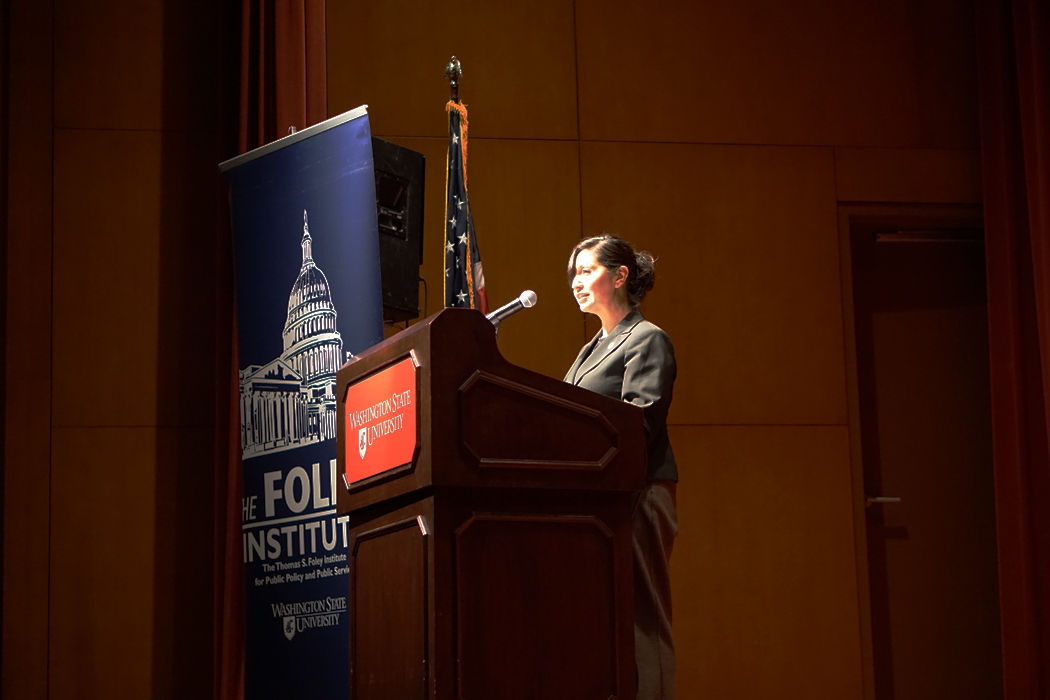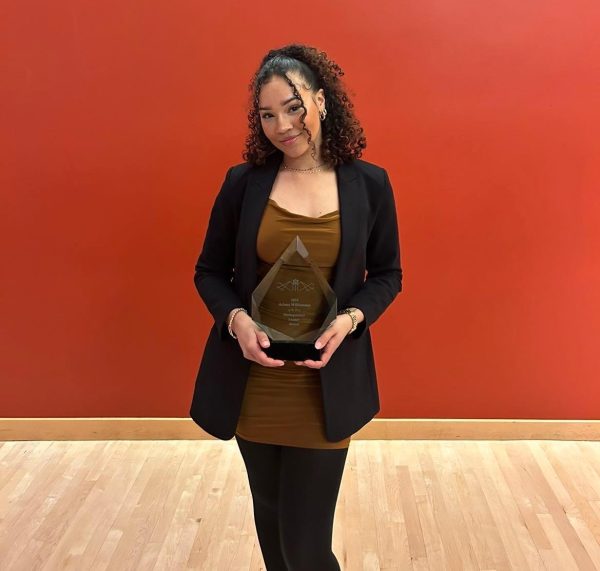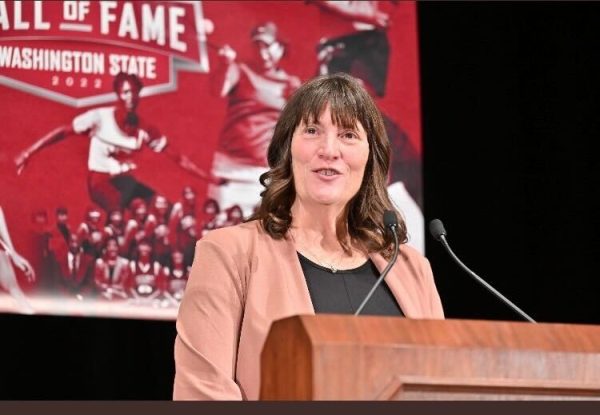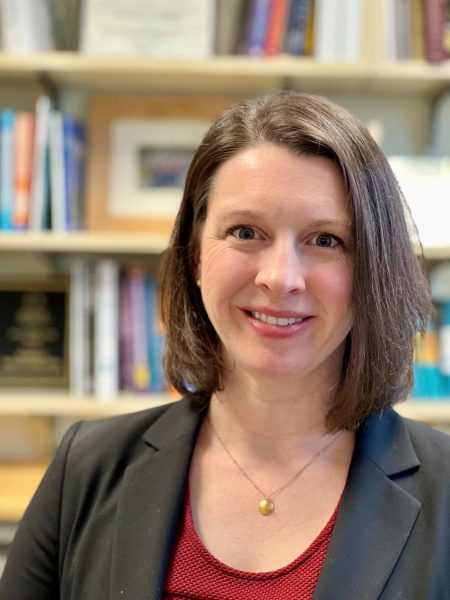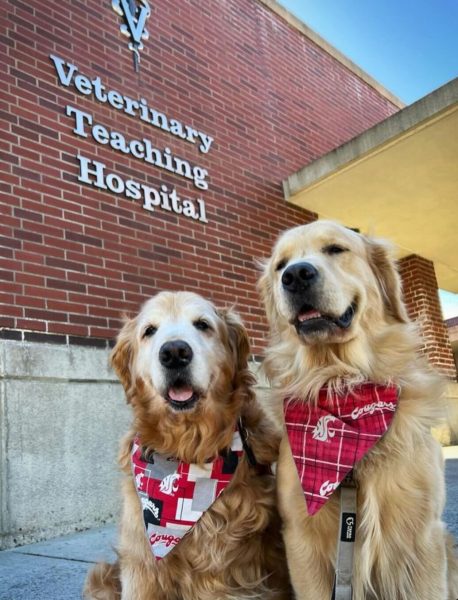Research vital to criminal justice reform
Nancy Rodriguez, director of the National Institute of Justice, highlights the importance of research to criminal justice reform during her speech in CUB Auditorium on Monday.
March 29, 2016
A Criminal justice expert explained the necessity of scientific research in improving the foundation and community in law enforcement at a Foley Distinguished Lecture in the CUB Auditorium on Monday.
Nancy Rodriguez, director of the National Institute of Justice, said true policy reform relies heavily on scientific evidence. Given that public safety is challenged everyday across the country, Rodriguez and the NIJ work to improve development, evaluation and research in relationships within policing communities.
“The main mission of NIJ is to develop partnerships and invest in research across disciplines that can strengthen science and advance justice,” Rodriguez said.
Two major topics Rodriguez covered in her talk were suicide prevention and sexual assault.
The NIJ works to find scientific research that will improve suicide prevention in individuals transitioning from jail to the public community. Together with the Bureau of Justice Assistance the institute works on the “Second Chance Act,” which serves to improve the lives of people returning to lives outside of prisons, jails and juvenile facilities, Rodriguez said.
She also addressed sexual assault as a national priority. She said scientific evidence and research would make testing kits easier and more efficient. Through research the NIJ has already found that a substantial amount of college students experience sexual assault.
With this collected data members of the NIJ have done significant work to help these victims. As part of the “Not Alone” campaign and continuing research they are finding that “science is helping us get more effective ways to help victims,” Rodriguez said. Their hope is to collaborate to find the risks and the recoveries for these individual victims and to provide justice for them.
“Our role is to make sure our research is relevant,” Rodriguez said. “You are needed. Research is needed”.
Reporting by Shannon Steffen


